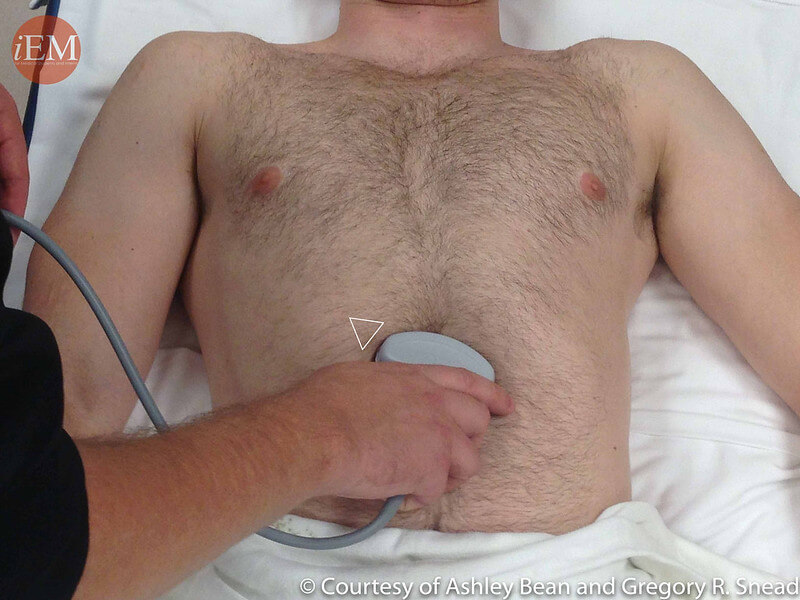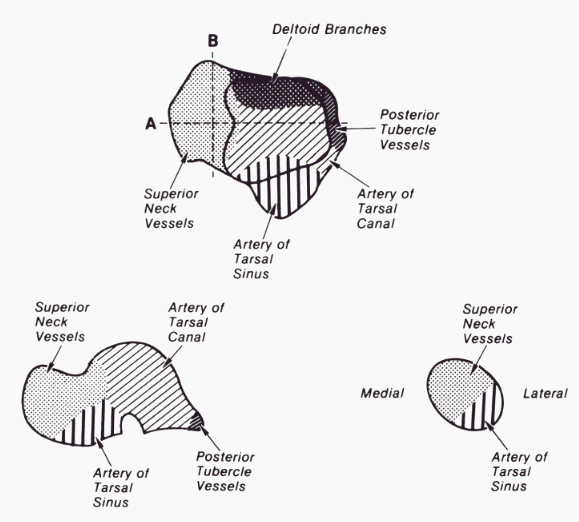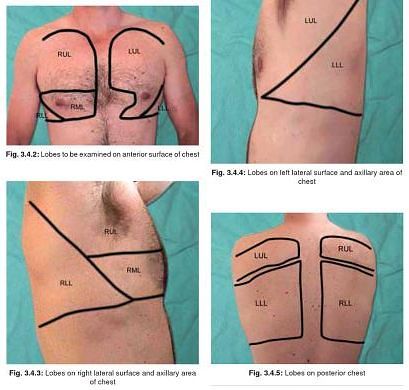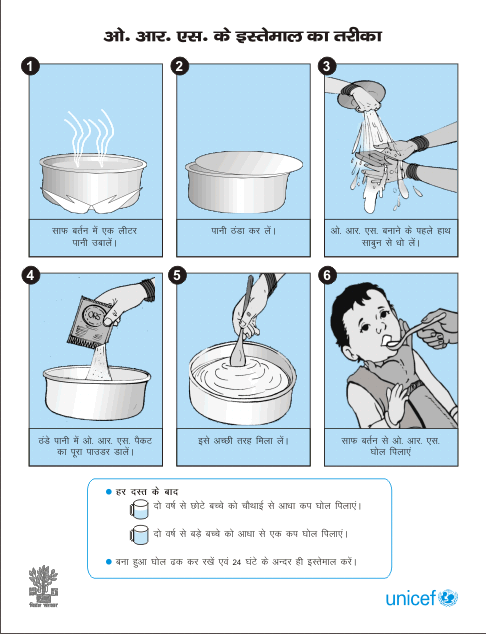Approach to abdominal trauma has been discussed earlier.
| Spleen Injury | Liver Injury | Kidney Injury | |
| General | 2nd m/c injured intra-abdominal organ in blunt trauma m/c injury requiring operative intervention in blunt trauma | m/c injured intra-abdominal organ overall m/c injured intra-abdominal organ in blunt trauma | m/c from blunt trauma maximum warm ischemia time if clamping is 20-30 minutes |
| Grade | |||
| I | s/c hematoma <10% Laceration <1 cm | s/c hematoma <10% Laceration <1 cm | s/c hematoma |
| II | s/c hematoma 10-50% Laceration 1-3 cm | s/c hematoma 10-50% Laceration 1-3 cm | s/c hematoma Laceration ≤1 cm |
| III | s/c hematoma >50% Laceration >3 cm | s/c hematoma >50% Laceration >3 cm | Laceration >1 cm |
| IV | >25% vascular loss (hilum injury) | Laceration 25-75% hepatic lobe or 1-3 Couinaud’s segments Active hepatic hemorrhage with extension into peritoneum | Partial vascular loss (injury to medulla) Laceration into urine collecting system with urine extravasation |
| V | Complete vascular loss Shattered spleen | Laceration >75% hepatic lobe or >3 Couinaud’s segments Juxtahepatic venous injuries (retrohepatic venacava/central major hepatic veins) | Complete vascular loss Shattered kidney |
| Treatment | |||
| Unstable | Laparotomy | Laparotomy | Laparotomy +/- IVP/IVU |
| Stable | CECT | CECT | CECT |
| a. Contrast leak/Pseudonaeurysm | Angioembolization | Angioembolization | |
| b. Grade I/II | Observation | Observation | Observation |
| c. Grade III | Observation vs Angioembolization | Observation vs Angioembolization | |
| c. Grade IV/V | Angioembolization | Angioembolization | Angioembolization |
| d. Failure of angioembolization | Laparotomy | Laparotomy | Laparotomy |
Mnemonics:
- Spleen and Liver injury mnemonic: I/II/III – 1/2/3 cm depth
- Kidney injury mnemonic: IV (Four) – urinate on the Floor (extravasation)



